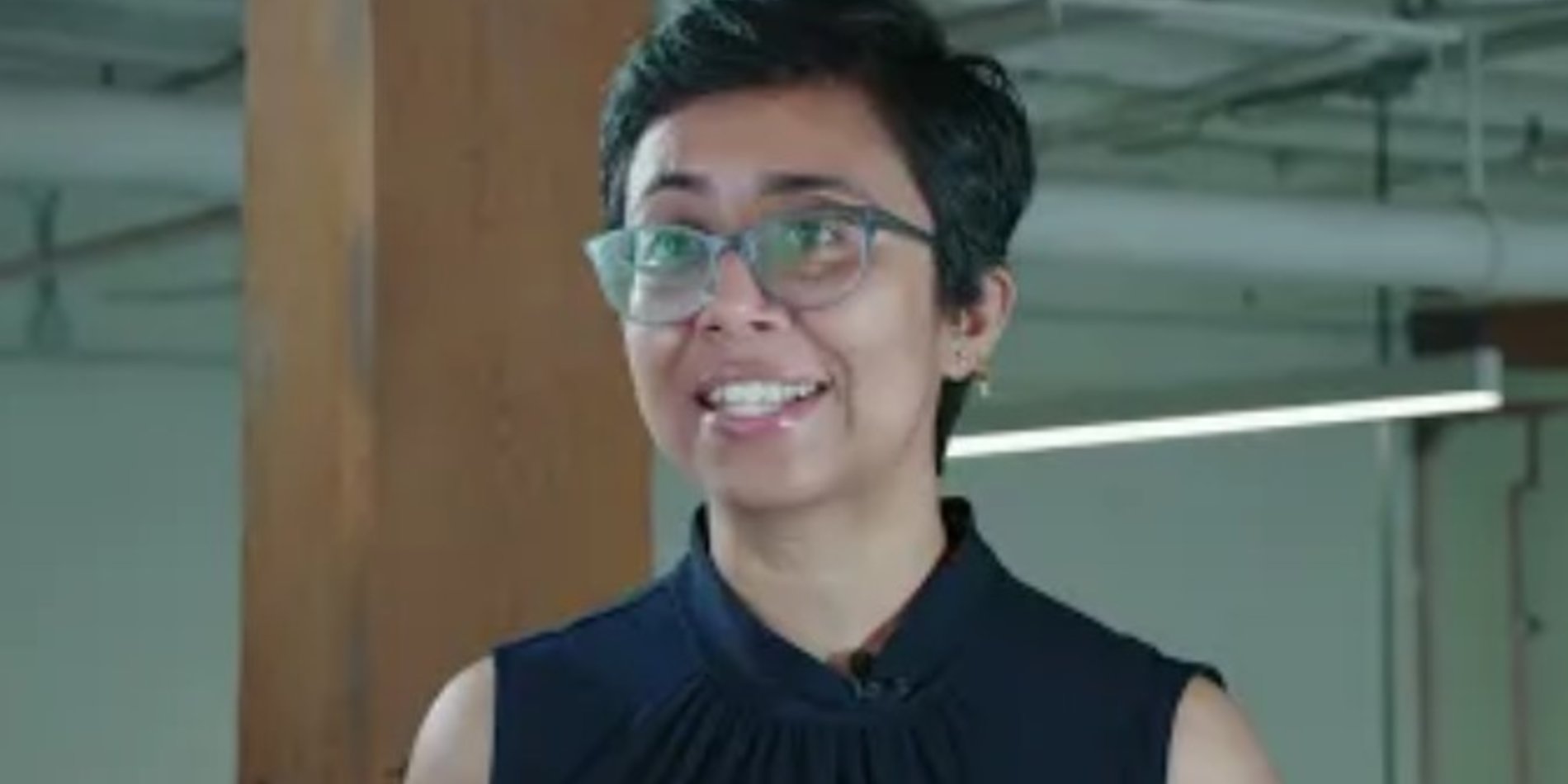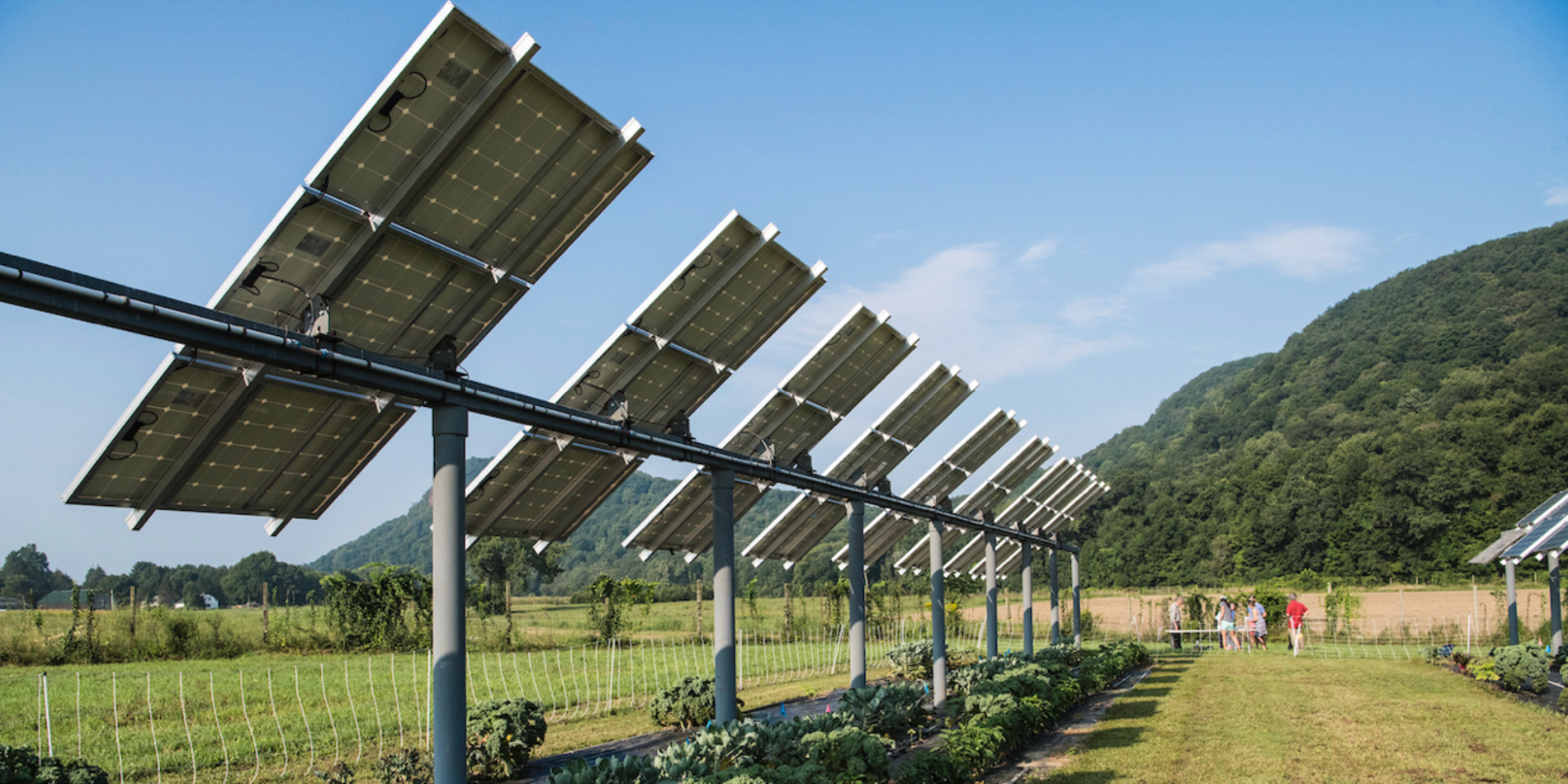Building a Nest Egg
In the fourth grade, Texas-born Nick Azpiroz, ’14, MS ’17, was in charge of selling farm-fresh eggs to parents waiting in the carpool lane to pick up their children, as part of a student-run company. He came to Stanford with no intention of returning to agriculture, but after enrolling in the university’s renowned Design for Extreme Affordability class in 2017, he did just that.
The two-quarter course teaches students design thinking as they devise solutions to challenges facing the world’s poor. Azpiroz and his teammates, including Amy King, ’16, MS ’17, paired up with ZOLA Electric (previously Off Grid Electric). As a Silicon Valley solar company focused on Tanzania and East Africa, ZOLA helped the students delve deeper into the pitfalls and promise of solar energy for developing countries.
So far, most distributed solar energy on the continent does little to financially enrich the people receiving it. Yet that could change. The key is to find ways to improve the profitability of operations—both for the companies and for their clients.
One of the challenges with solar energy is how to save it for a rainy day. How do you bottle up sunshine? Companies have tried storing it in batteries, piping it back into the electrical grid, and purifying water with it, since clean water is a precious resource that can be set aside for future need.
Upon returning from their first information-gathering trip to Tanzania Azpiroz and King began to wonder: What about converting solar energy into a real nest egg—an investment that hatches consistent profits? What about baby chicks?
Poultry Power

Here in the United States, a solar-powered egg incubator can sound eccentric or, at worst, like an elitist urban farming accessory, but in developing countries it can be a ladder out of poverty. In fact, chickens are sometimes half-jokingly referred to as “the ATM of the poor.”
Worldwide there are approximately 350 million families who raise chickens off the grid, based on estimates from United Nations and World Bank data. In Tanzania, more than 70 percent of the rural population owns chickens, according to a report by CGIAR, a global research partnership focused on food security.
But chicken keeping is erratic. Predators eat the birds. One hen is a dutiful mother, and the next neglects her nest. A 10-bird flock can become a five-bird flock overnight. Having an incubator can smooth out the sharp edges of the investment, providing predictability to nature’s process. Incubators keep eggs safe and warm regardless of whether a hen is feeling “broody.”
So why isn’t this common practice already? One reason is expense. A quality incubator can cost around $150 in U.S. dollars. Another reason is the need for steady electricity. Because the fertile eggs are dependent on consistent temperatures and humidity in order to hatch three weeks later, a power outage is disastrous. In Tanzania, where the electrical grid can be unpredictable or unavailable, a solar-powered incubator provides entrepreneurial chicken farmers with both self-reliance and a competitive advantage.
The project felt so tangibly hopeful that when the Extreme course ended, Azpiroz, King, and classmate Eric Brubaker, MS ’18, PhD ’21, kept working on the venture, soon named Kukua Labs. With support from Stanford’s Social Entrepreneurship Lab, Extreme Design Lab, and the TomKat Center for Sustainable Energy, they continued refining and building their design.
By fall 2017, they packed their bags to return to Arusha, Tanzania, with the first prototype of the incubator in tow. Then at the ticketing counter at San Francisco International Airport, something uncanny happened.
“What is this?” the airlines clerk asked, pointing to the unusually shaped luggage containing the prototype. As Azpiroz explained the contents, the clerk, who was from Côte d’Ivoire, quickly grew excited.
“Where can I buy one for my family back home?” he asked, passing back their boarding passes with warm wishes and his email address.
“It’s an anecdote,” says Brubaker, “but this scenario repeats itself over and over wherever we go.”
Gender Politics

Two years later, Azpiroz and Brubaker continue to work full-steam on Kukua Labs and King stays connected with the venture as a consultant. “Our concept seeks to integrate renewable energy with renewable farming,” says Brubaker.
Recently the team earned accolades at the American Society of Mechanical Engineers (ASME) ISHOW, a global competition for hardware-led ventures with a social impact. As one of the three U.S. winners in 2019, Kukua Labs won 20 hours of consulting and $10,000, with a chance to gain additional seed funding at the ISHOW Bootcamp this fall.
With this momentum, they are confident in the market demand and the incubator’s energy-efficient design. Unlike current incubators, it is able to run on the modest batteries included in the solar kits of companies like ZOLA Electric by drawing only 3 to 6 watts of power—about the same as charging a cell phone.
The next step is to secure funding to grow the company and its manufacturing pipeline. “We’ve met people trying to build their own low-cost incubators, but they don’t have the resources to scale it,” says Brubaker. “If we can co-create this product with them, we can mass-produce it to bring the costs down.”
Preliminary field testing shows that the Kukua incubator can double the number of hatch cycles (since farmers no longer need to wait for broody hens), generating about $15 U.S. dollars per month, an additional 12 percent of household income for a 10-chicken farmer. Apart from the income generated by the chickens, Kukua hopes to provide local jobs in manufacturing and servicing where it is deployed.
Quite unexpectedly, the incubator influences gender equity as well. In Tanzania, men often control family finances, yet because chickens are considered culturally to be women’s work, the incubator boosts women’s ability to earn income, leveling the power dynamic slightly.
“Women can expand their families’ opportunities,” Azpiroz says.
If interested in partnering with or learning more about Kukua Labs, contact info@kukualabs.com.




